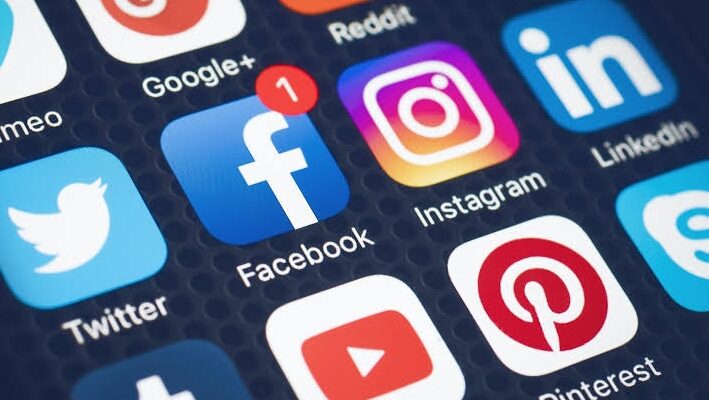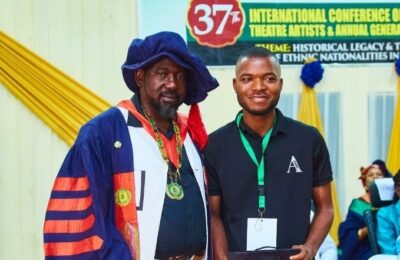In today’s visually-driven world, it’s hard to escape the influence of social media. We find ourselves scrolling endlessly through meticulously filtered photos, bombarded by the illusion of perfection. Platforms like Instagram and Facebook have transformed the way we perceive beauty, setting unrealistic standards and fueling body image insecurities. However, where there is a problem, there is also a solution.
Enter the powerful movement known as “body positivity,” challenging the toxic beauty ideals propagated through social media and encouraging self-acceptance.
In this feature, we delve into the intricate relationship between pixels and perfection, exploring how these platforms impact body image and how the body positivity movement is reshaping society’s perception of beauty.
Since the inception of social media, the digital world has become a breeding ground for comparison and self-doubt. We often find ourselves entranced by the seemingly flawless selfies and perfectly framed lives of influencers, celebrities, and even our own acquaintances. The endless scroll, enticed by these perfectly curated images, can leave one feeling inadequate and questioning their own appearance. This constant exposure to ‘ideal’ bodies can subtly manipulate our perception of beauty, pushing us to chase an unattainable standard.
The beauty industry, fueled by the popularity and reach of social media platforms, capitalizes on insecurities, marketing products promising instant transformation. Photoshop and editing tools enable influencers and brands alike to mold their bodies into virtual perfection, further distorting our understanding of reality. The reign of the ‘perfect’ body image on social media is relentless, but so is the movement standing up against it.
Body positivity burgeoned as a response to the unrealistic beauty standards perpetuated by social media. With influential figures and activists using their platforms to challenge traditional notions of beauty, marginalized bodies, and all those who have felt excluded from conventional ideals have found a voice. Body positive hashtags, accounts, and online communities have emerged, celebrating diverse body shapes, sizes, and appearances.
The movement’s core principle is simple yet radical: celebrating oneself in all forms and embracing individuality instead of conforming to societal expectations. Body positivity is not about dismissing health but rather advocating for self-acceptance regardless of one’s appearance. It’s learning to love the body you have, appreciating its uniqueness, and recognizing that it does not define your worth as a person.
This shift in perception is slowly seeping into the mainstream; brands are now diversifying their advertising campaigns, featuring models of different sizes, abilities, and ethnicities. Social media influencers are using their voices to promote body positivity, encouraging followers to embrace their flaws and celebrate their individuality. The influence of the body positivity movement can also be seen in fashion, where ‘plus-size’ models are breaking barriers, challenging long-held stereotypes, and disrupting the industry from within.
Pixels once used as tools to construct a narrow definition of beauty are now being reclaimed by body positivity advocates to challenge the very standards that marginalized so many. The rise of body positivity signifies a social shift, an empowering response to society’s unrelenting obsession with perfection. By embracing diverse body types and teaching self-acceptance, this movement has the power to revolutionize not just our online experience but also our collective understanding of beauty.
Pixels and perfection might have initially joined forces to shape our beauty ideals, but the rise of body positivity is gradually unraveling this connection. As society becomes increasingly inclusive, social media platforms must adapt to reflect this progress. Through the ongoing efforts of body positivity activists, we can cultivate a virtual landscape that promotes self-love, acceptance, and celebration of all body types. The struggle against unrealistic beauty standards continues, but as we navigate the digital realm, the pixels may just align to paint a new picture of beauty – one that is unique, diverse, and perfect in its own imperfections.
– Igbatigbi Precious Ufedojo
300 Level Student of Mass Communication,
Prince Abubakar Audu University Anyigba, Kogi State.




